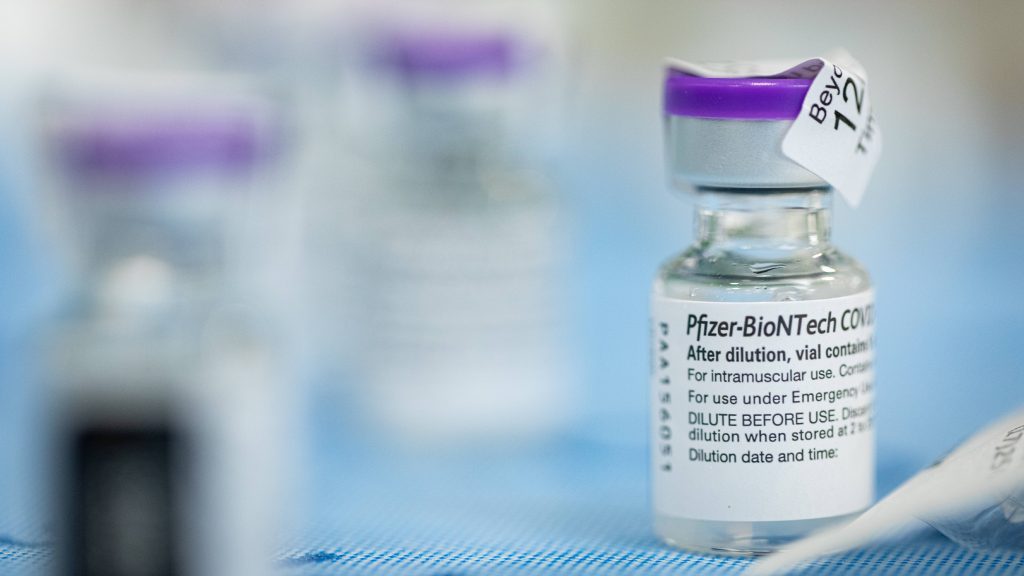
As COVID-19 cases continue to climb worldwide, health officials in the U.K. have decided to administer COVID-19 vaccines with what's called a "mix-and-match" protocol.
For instance, in limited situations and usually if supplies are running low, U.K. health care workers have permission to use Pfizer/BioNTech for one dose and Oxford/AstraZeneca for the second dose.
"It’s a very difficult situation," says Dr. Gregory Poland, an infectious diseases expert and head of Mayo Clinic's Vaccine Research Group. "The U.K. government realizes the looming issues surrounding an exponential rise in cases and hospitalizations, and they need to respond."
"This is related to our seeming inability to convince the public to consistently wear masks and physically distance." - Dr. Gregory Poland
He says this same situation of increasing cases is happening in various U.S. locations and the next few months could become very deadly.
"Some people have turned a deaf ear and blind eye to what is going to happen in the U.S. and Europe in the next two months," he continues. "This is related to our seeming inability to convince the public to consistently wear masks and physically distance, which is particularly important in the face of a new SARS-CoV-2 variant that appears to substantially increase transmission."
He says, for instance, if a hospital has 100 beds and five ICU beds, it is impossible to offer state-of-the-art care in that facility if there are 500 patients and 25 of them need ICU care.
Dr. Poland suggests that the U.K. government is responding to some specific circumstances:
- What to do when they don’t know what a person received for the first dose — in which case, they will need to give a second dose of whatever they have available in the way of vaccines.
- What to do when the vaccine supply is inadequate to meet a demand for the second dose of the same vaccine in a high-risk patient or situation.
"These recommendations by the U.K. are born of urgency, but there’s an absence of data, and a lack of evidence-based information," he says.
Dr. Poland says this practice is done with other vaccines, but it would be desirable to do a study with these COVID-19 vaccines. “We need to know about the potential benefits of a mix-and-match strategy, but without the data it’s not clear how this will work.”
"I’m sympathetic as a measure in a desperate situation … but it's still critical to have a study to determine safety and efficacy." Dr. Poland points out that studies could be done with as few as 20 to 100 patients, with data available to inform such a strategy within weeks.
Dr. Poland adds that Mayo Clinic will continue to follow approved U.S. protocols for distributing and administering COVID-19 vaccines.
_________________________________________
Information in this post was accurate at the time of its posting. Due to the fluid nature of the COVID-19 pandemic, scientific understanding, along with guidelines and recommendations, may have changed since the original publication date.
For more information and all your COVID-19 coverage, go to the Mayo Clinic News Network and mayoclinic.org.
Learn more about: Tracking and trending COVID-19








